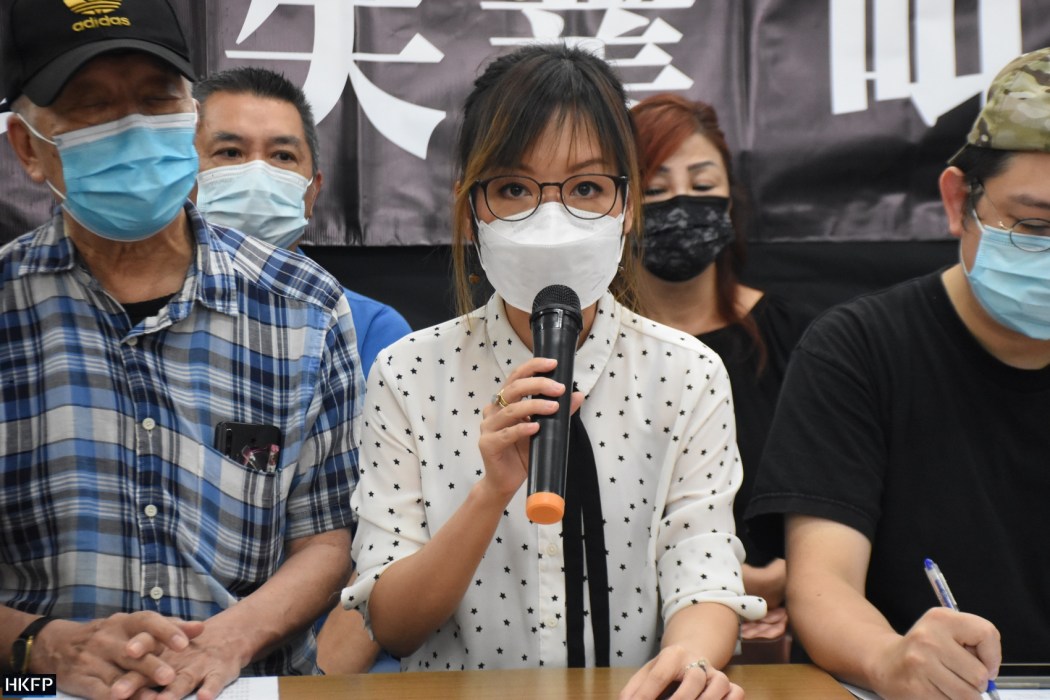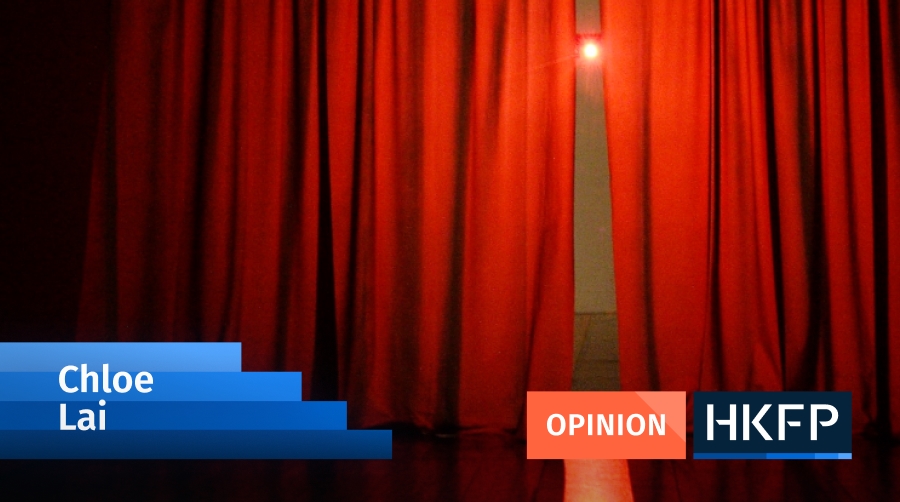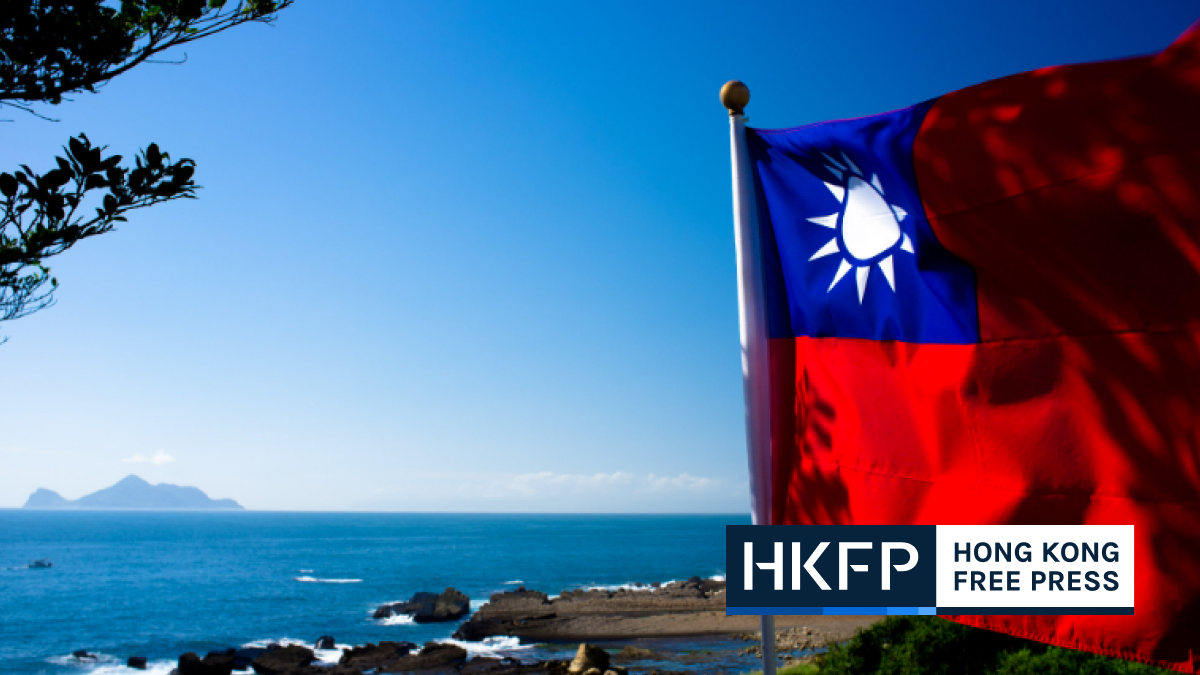One of the depressing characteristics that our government has inherited from its colonial predecessor is a tendency, when the circumstances require that someone should make sacrifices, to pick on the smallest kid in the class.
There is no appetite for challenging vested interests. All too often this means that the burden of adjustment to new needs falls on those least able to handle it.

Consider the vexed question of land for public housing. In the long run this will be solved by building a huge reclamation off Lantau. But this will take years. In the meantime the government has been hunting for alternative solutions, of which there is no shortage.
We could, for a start, politely seek to persuade the People’s Liberation Army that their inheritance from the British Ministry of Defence rather exceeds their needs. After all, the British garrison was thousands of miles from its home in Blighty, or from Nepal. There was a need for married quarters, schools, clinics, sports facilities, and shops selling the kind of food the troops were used to. Our PLA garrison sensibly spends most of its time in Shenzhen. At least, you would think, they could find somewhere else for their firing range. But we are not going to try that.
We could hold the Hong Kong Jockey Club to its long-broken promise to return the Happy Valley Racecourse to other uses in return for the rolling acres devoted to horse matters in Shatin. But we’re not going to do that either.
We could consider whether the Hong Kong Golf Club really needs three courses, and indeed whether catering so generously for such a space-consuming sport is really a sensible move for a crowded territory. But that is not going to happen.
We could take action on the observation by an NGO with, perhaps, more determination than the relevant government departments that there are some 2,000 hectares of “brownfield” land in the New Territories, much of which is being used for non-agricultural purposes in violation of lease conditions, and sometimes of the law. But this means disturbing those rural bandits who are patted, if not petted, by the cops, so we won’t do that.

We could look again at the suggestion for some sort of floating estate in the Kai Tak Nullah, which would probably be outstandingly cheap now that Covid has shipwrecked the cruise industry. We could, perish the thought, pursue C.Y. Leung’s idea for a trimming of the country Parks.
But wait! Our bureaucrats have come up with a better idea. In the last policy speech Ms Carrie Lam suggested looking at factory estates which could be redeveloped as housing. You might think this was a reference to the considerable number of factory buildings which now house a variety of non-industrial uses, or sit empty. But those are private.
The government, however, does own some factories itself. These are a local invention that used to be called “flatted factories” in official terminology. A large number of small units are combined in one building. The early ones, like the early housing estates, only ran to five stories. The more recent one down the road from me, now condemned, runs to 24 storeys.

These buildings are seedbeds for the Small and Medium Enterprises which are always pushed forward whenever some scheme that might increase the expenses of big enterprises is in the wind. But nobody really cares about SMEs, as we can now clearly see.
These factory blocks are not empty. The occupancy rate, according to the spokesman for tenants in the Fotan one, is 97 per cent.
Four of them are to be demolished to make way for housing. This will leave more than 2,000 tenants looking for somewhere else to go. Many of them will probably find it easier to drop out of business altogether.
Spokesmen for the tenants stress that they are not against public housing. But it should surely be possible to find land which is being devoted to some less worthwhile purpose than allowing enterprising but poor people to start a business.
What happened to the Lion Rock Spirit, to “We’re all in this together,” to Hong Kong as a paradise of free enterprise? Well, that was always a bit of a con trick.
Support HKFP | Policies & Ethics | Error/typo? | Contact Us | Newsletter | Transparency & Annual Report | Apps
Help safeguard press freedom & keep HKFP free for all readers by supporting our team

LATEST FROM HKFP
HKFP has an impartial stance, transparent funding, and balanced coverage guided by an Ethics Code and Corrections Policy.
Support press freedom & help us surpass 1,000 monthly Patrons: 100% independent, governed by an ethics code & not-for-profit.










